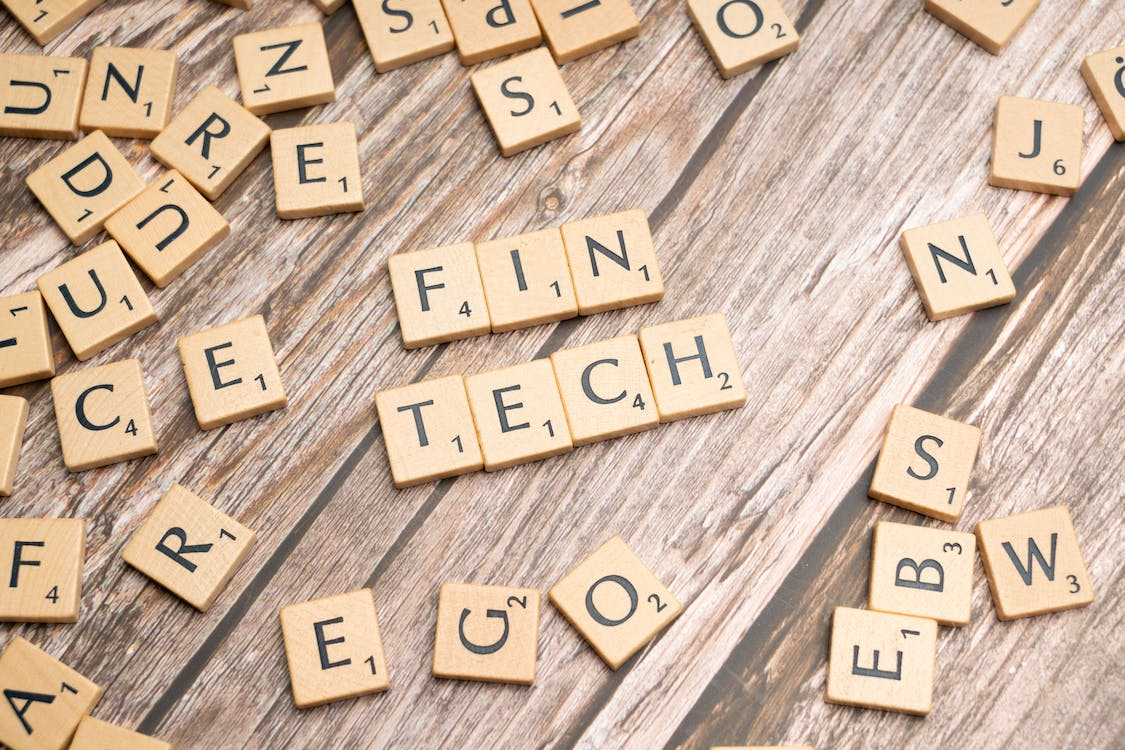The following is a guest contributed post from Elias Terman, VP of marketing at Distil Networks, a cybersecurity company specializing in bot detection and mitigation.
“Political elections around the world are influenced by them. Half of all internet traffic is made up of them. It’s time for marketers to realize that the technology that has the biggest impact on marketing is not some new cool app, or groundbreaking functionality from a vendor. It’s the effect of bots on their business.
Bots, at their core, are pieces of software that crawl the web and perform automated tasks at a volume and speed beyond human capability, and they hit every website in the world.
‘Good bots’ can deliver useful services for your website such as a virtual assistants (chat bots), search engine indexing and website performance monitoring. Marketers are also big consumers of bot-driven services that can help them improve search engine optimization (e.g. SEMRush and Moz), and ensure their pricing is competitive (e.g. Import.io and Upstream Commerce).
‘Bad bots,’ on the other hand, are used by hackers, fraudsters and cybercriminals to conduct a variety of harmful activities, including web scraping, click/ad fraud, account takeovers and data theft. On top of this, they can also have residual effects such as poor website performance (and therefore a poor customer experience) and skewed web analytics.
In fact, over 93 percent of websites were hit by bad bots that trigger marketing analytics trackers and performance measuring tools in 2016. This means that A/B tests could lead to choosing the wrong winner, skewed conversion rates could result in shifting budgets away from an effective strategy, and website engagement metrics could lead to focusing on optimizing the wrong content.
A new report on martech hiring trends revealed that data/analytics experts are expected to earn the top salaries in the industry. Considering this skill set has become so central to the marketing profession today, it’s more important than ever that marketers can trust the numbers they’re looking at.
For these reasons, bot technology – both good and bad – will have the biggest impact on marketing in 2018.”


